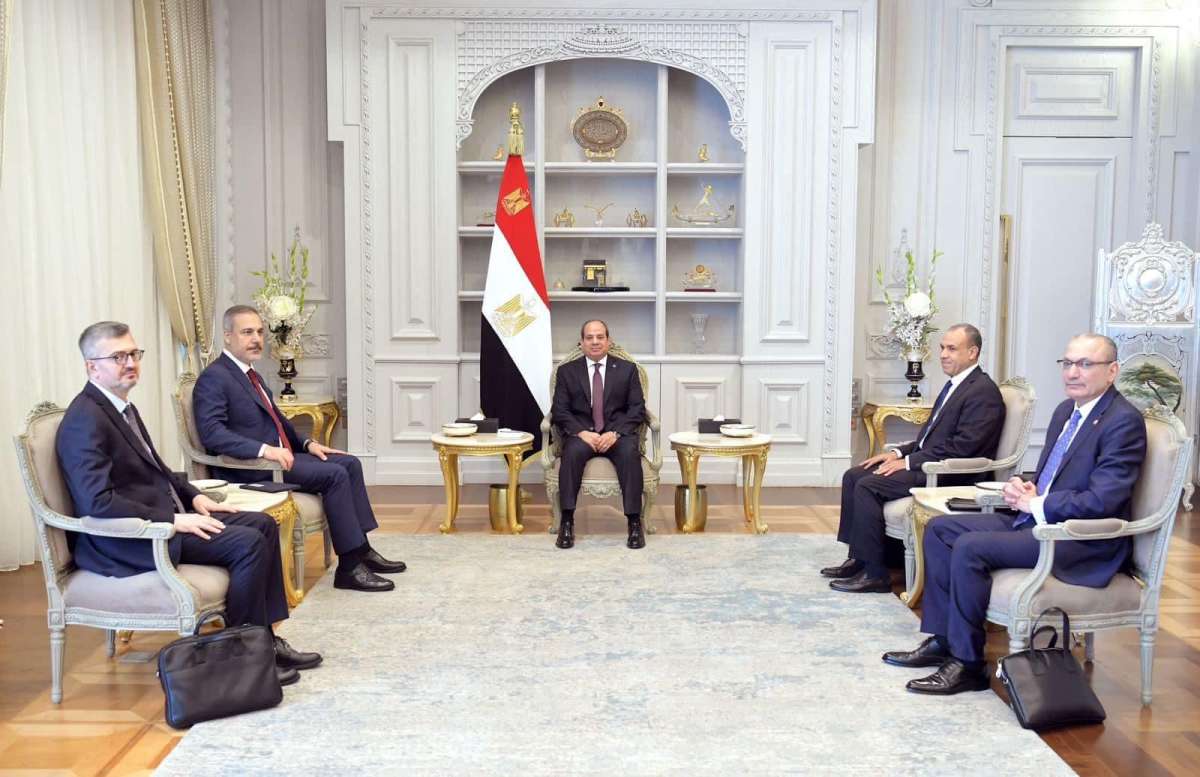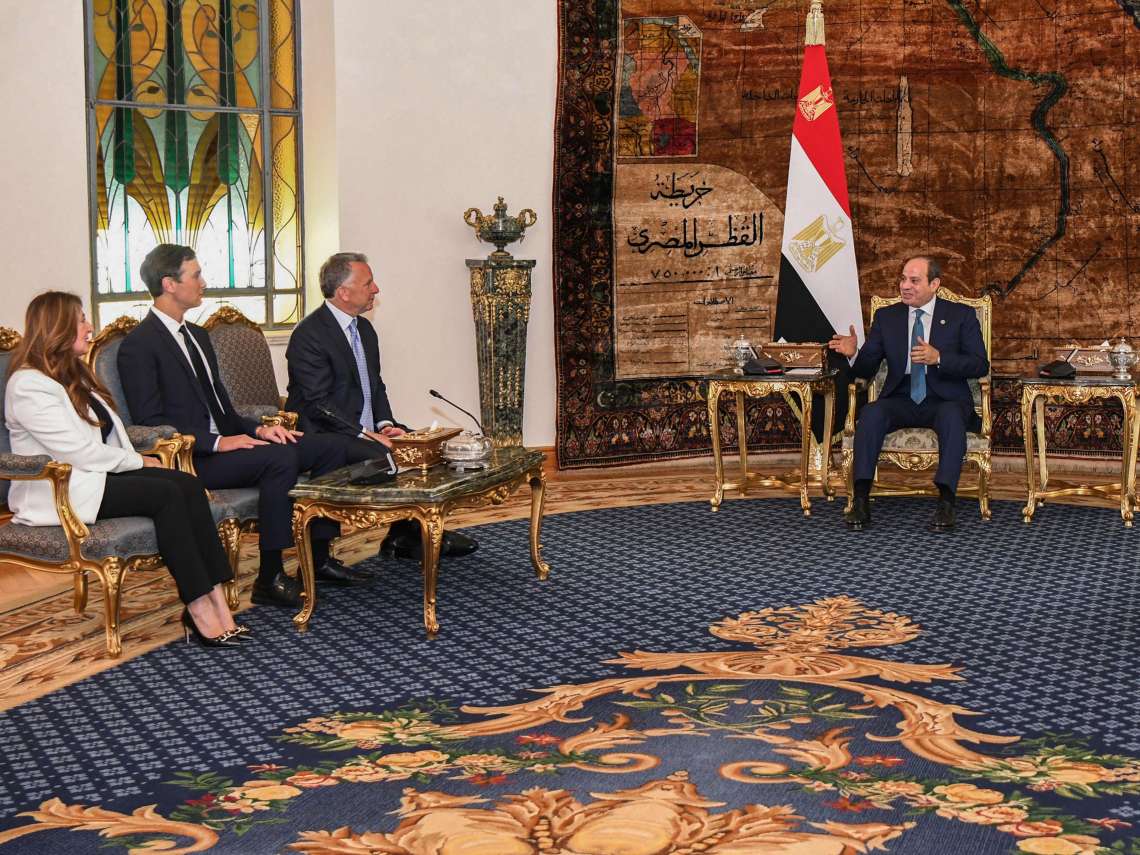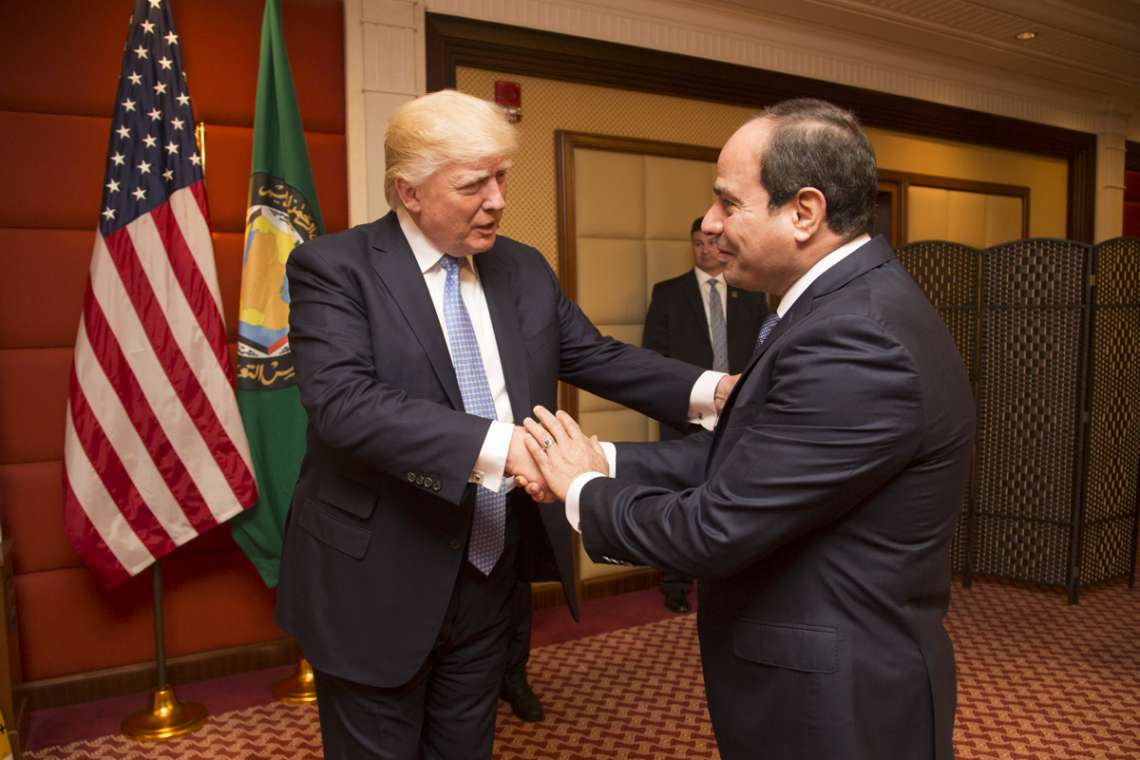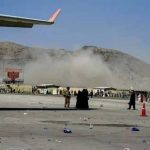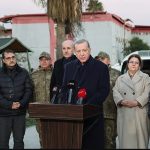Egyptian President El-Sisi stressed that regional developments should not overshadow efforts to allow access to relief aid to the Palestinian people in the Gaza Strip….reports Asian Lite News
Middle East is going through a very delicate and dangerous juncture that requires exercising the highest levels of self-restraint and upholding the voice of reason and wisdom, said Egypt’s President Abdel Fattah El-Sisi.
El-Sisi yesterday met with Turkish Minister of Foreign Affairs Hakan Fidan and his accompanying delegation, in the presence of Minister of Foreign Affairs Dr. Badr Abdel-Aty and the Turkish Ambassador in Cairo.
The Spokesman for the Presidency said the Turkish foreign minister conveyed to the President the greetings and appreciation of Turkish President Recep Tayyip Erdoğan, which was valued by the President.
The meeting focused on the latest regional developments and warnings of the dangerous escalation in the region.
President El-Sisi stressed that defusing the escalating tension lies in the concerted efforts of the active forces and the international community to implement a ceasefire immediately in the Gaza Strip, and to provide the opportunity for political and diplomatic solutions.
The Egyptian President noted that Egypt has repeatedly warned of the danger of expanding the scope of the war, in a way that threatens regional and international peace and security, as well as the capabilities, security and stability of the peoples of the region.
During the meeting, views were aligned on the gravity of the regional scene and the Israeli escalation policies were condemned.
The two sides reviewed the latest pertinent to the ongoing intensified Egyptian efforts to reach an agreement for a ceasefire and the exchange of captives.
President El-Sisi stressed that regional developments should not overshadow efforts to allow access to relief aid to the Palestinian people in the Gaza Strip, who suffer from inhumane living and health conditions, and the lack of the most basic elements of life.
The meeting confirmed the necessity of advancing a fundamental and comprehensive solution to the Palestinian issue, based on the two-state solution and the establishment of a Palestinian state with East Jerusalem as its capital, along the 1967 borders, in a manner that achieves sustainable justice, security, and stability in the region.
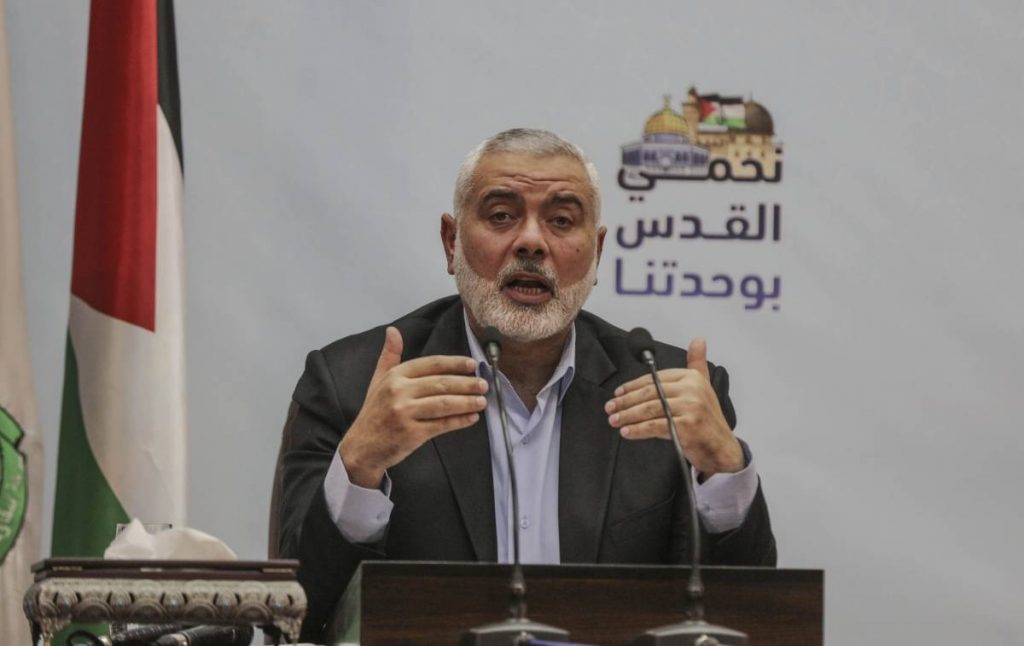
Iran, Jordan discuss Haniyeh assassination
Iranian President Masoud Pezeshkian and Jordanian Foreign Minister Ayman Safadi have exchanged views on the assassination of Hamas Politburo Chief Ismail Haniyeh.
In a meeting in the Iranian capital Tehran, the two sides also discussed the improvement of bilateral relations and the developments of Gaza, according to a statement published on Sunday on the website of the Iranian President’s office.
Pezeshkian said the “cowardly” assassination of Haniyeh in Tehran was a “big mistake” by Israel, noting that Iran expected all Muslim states and the world’s free people to strongly condemn such “crimes” as reported by Xinhua news agency.
He stressed that Israel’s “audacious” action would not go unanswered, adding those who claim to defend freedom, democracy and human rights had employed all their scientific and operational capabilities to “spread terrorism” and commit “heinous crimes”.
He highlighted the necessity to strengthen solidarity among Muslim countries to stop Israel’s “aggressions and crimes against the oppressed Palestinians in Gaza”.
Pezeshkian expressed hope that negotiations between Iranian and Jordanian diplomatic delegations on the resumption of normal relations would soon come to fruition, enabling the two Islamic countries to use each another’s capacities and people in the region to benefit from “friendship and constructive cooperation” between Tehran and Amman.
The Jordanian Foreign Minister, for his part, said his country had condemned the assassination of Haniyeh, describing the action as being in line with Israeli Prime Minister Benjamin Netanyahu’s efforts to widen the scope of the conflict in the region.
Safadi also conveyed Jordanian King Abdullah II’s congratulations to Pezeshkian on his election as Iran’s President, saying Jordan was seeking to resume normal relations with Iran and to work together on ensuring stability, stability, security and calm in the region.
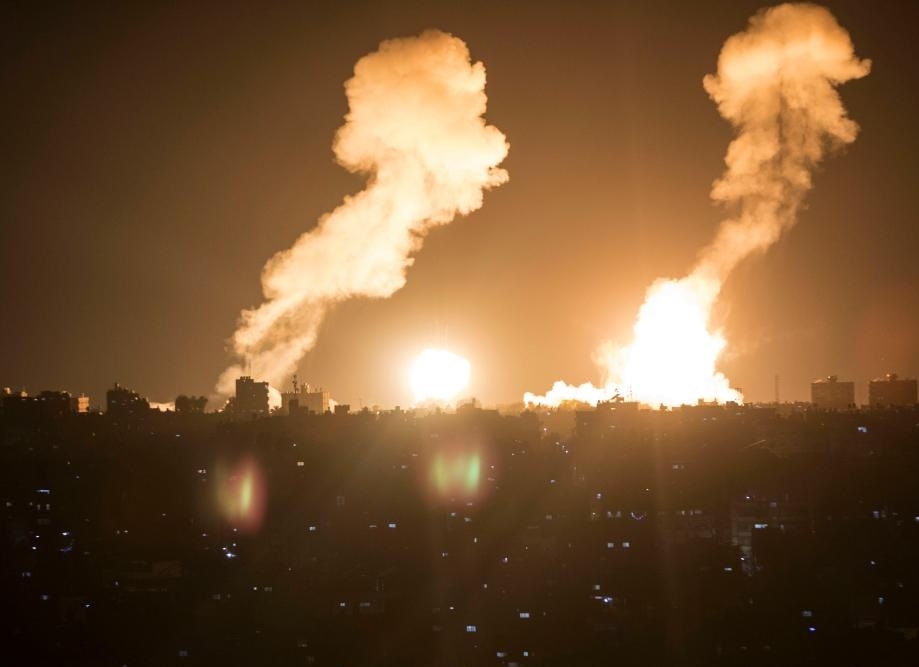
Sonic boom causes terror in Beirut
On Monday, Israeli warplanes created a sonic boom over Beirut and southern Lebanon, intensifying fears amid escalating tensions between the Israeli military and Hezbollah. The sonic boom added to the anxiety among residents already on edge from the ongoing conflict.
Israeli jets attacked Mays Al-Jabal, killing two civilians, Mohammed Fawzi Hammadi, a paramedic with Lebanon’s Islamic Risala Scout Association, and Ali Ghaleb Shaqir, who were working in the local cemetery. Additionally, Israeli forces targeted the village of Taloussa in the Marjeyoun district with phosphorous bombs, which, while not banned under international law, are restricted and prohibited in populated areas.
Israeli soldiers also conducted a raid in Rab El-Thalathine, resulting in one person being injured and hospitalized in stable condition.
In response, Hezbollah continued its military operations following the previous day’s Israeli airstrike on Houla, which killed two of its members. Hezbollah reported launching a drone attack on the newly established 91st Brigade headquarters, targeting positions and personnel directly.
ALSO READ: UAE, Azerbaijan set to develop economic partnership


